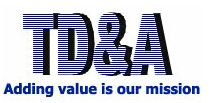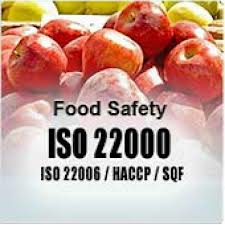

1. What is FSSC 22000?
FSSC 22000 (Food Safety System Certification 22000) is a food safety management system certification scheme developed based on the international ISO 22000 standard. It integrates sector-specific Pre-Requisite Programs (PRPs) and additional requirements set by the FSSC Foundation.
FSSC 22000 is recognized by the Global Food Safety Initiative (GFSI) and is one of the most reputable and widely accepted food safety certifications worldwide.
2. Structure of FSSC 22000
The FSSC 22000 system is composed of three key components:
- ISO 22000:2018 – Food Safety Management System
- Pre-Requisite Programs (PRPs): Based on specific industry sectors:
- ISO/TS 22002-1: For food manufacturing
- ISO/TS 22002-4: For food packaging manufacturing
- ISO/TS 22002-6: For animal feed production, etc.
- Additional FSSC Requirements, including:
- Management of outsourced services
- Food fraud prevention
- Food defense (protection against intentional contamination)
- Control of labeling and allergen management, among others
3. Benefits of Implementing FSSC 22000
- Builds greater trust with customers and partners across the food supply chain
- GFSI-recognized certification enhances access to export markets, especially those with strict regulatory requirements
- Enables effective control of food safety hazards and improves internal management performance
- Easily integrated with other management systems like ISO 9001 and ISO 14001 due to the shared High-Level Structure (HLS)
4. Who Should Apply FSSC 22000?
FSSC 22000 is designed for various organizations in the food supply chain, including:
- Food processing and manufacturing companies (FSSC 22000 Food Manufacturing)
- Food packaging manufacturers
- Transportation, warehousing, and distribution providers
- Animal feed production facilities
- And other sectors involved in food safety management


 The HACCP Seven Principles
The HACCP Seven Principles